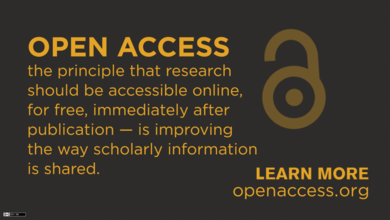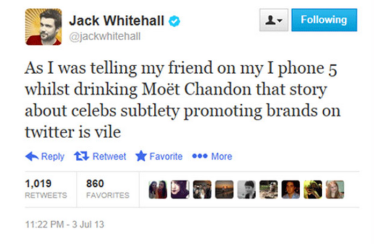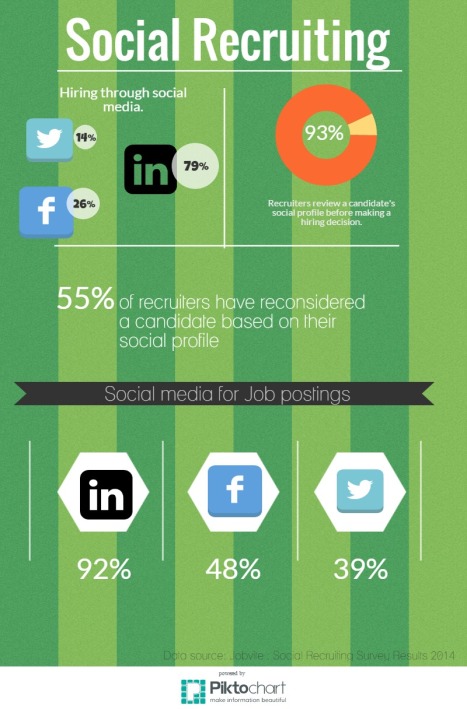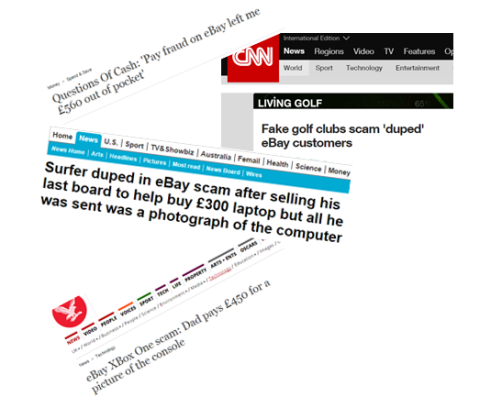
The Final Wrap Up
It is the final UOSM 2008 blog post and I have created a Prezi to summarise the experience and lessons learnt. It may be the last post for living and working on the web but most definitely not the last blog post ever. Blogging now feels like something I should have been doing since the start of University and I thoroughly regret only beginning in my third year. I haven’t really chosen a future focus but I have no doubt that won’t be a difficult task.
Continue reading →









